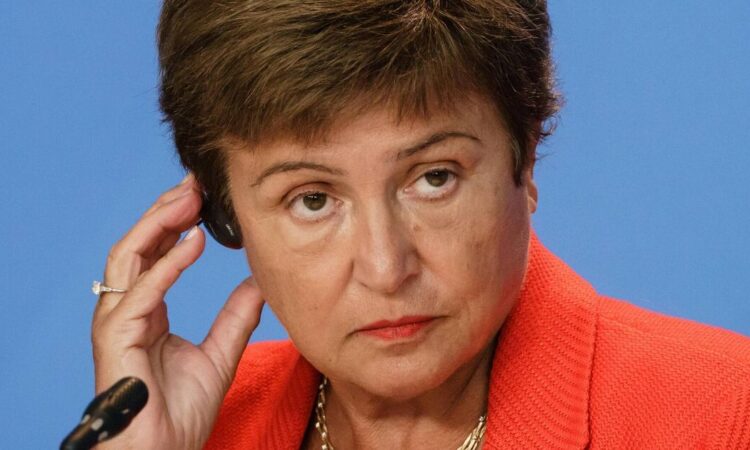
Financial markets were braced for more shocks amid fears the global banking chaos extends into a third week, after European shares fell sharply late last week.
European giant Deutsche Bank was the latest lender to face market turmoil when its shares fell sharply last Friday, prompting German chancellor Olaf Scholz to say the German flagship bank was safe.
World banking was plunged into crisis at the start of the month after the collapse of Silicon Valley Bank, Signature Bank, and Silvergate in the US, while a host of regional American banks continue to be under pressure.
The contagion had spread to Europe, where Credit Suisse was forced a week ago into an emergency merger with Swiss rival UBS, sending shares of almost all European banks sharply lower.
Global oil prices have fallen 10% in the month to $75 a barrel as the banking turmoil raised fears about the global economy.
Shares in AIB and Bank of Ireland, along with European peers, have dropped as much as 7% this month, following the rescue of Credit Suisse and as market investors turned their attention to the health of Deutsche Bank.
The turmoil has raised comparisons with the onset of the financial crash in 2007 which went on to engulf the eurozone in a debt crisis, and led to bailouts by the EU, ECB, and the IMF for Greece, Ireland, and Portugal. Government funding crises spread to Italy, Spain, and others at the time.
On Friday, the 10-year borrowing costs for Ireland and France were trading at 2.55% and 2.61%, respectively, much lower than the equivalent costs for Italy and Greece at around 4%, compared with the 2.1% rate for Germany.
IMF chief Kristalina Georgieva said on Sunday that the risks to financial stability had increased, and called for continued vigilance although actions by advanced economies have calmed market stress.
“So, we continue to monitor developments closely and are assessing potential implications for the global economic outlook and global financial stability,” she said, adding that the IMF was paying close attention to the most vulnerable countries, particularly low-income countries with high levels of debt.
Separately, European Central Bank vice president Luis de Guindos said the banking sector was “going through a period of very high uncertainty” that dictated a meeting-by-meeting approach on interest rate policy with no pre-commitment to a specific action.





